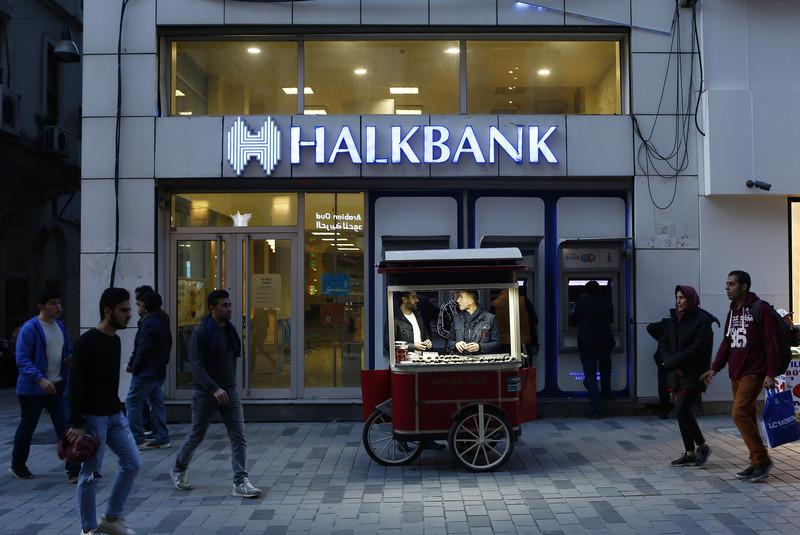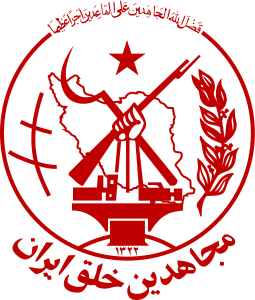November 01, 2019

The United States has criminally charged Turkey’s Halkbank with helping Iran evade US sanctions to the astounding tune of $20 billion.
The charges were announced October 15, more than a year after a wealthy Iranian-Turkish gold trader, Reza Zarrab, pled guilty and testified about Halkbank’s illegalities. Zarrab had hired Rudy Giuliani to lobby the administration of President Donald Trump to drop the charges, which didn’t happen.
The strange timing of the Halkbank charges suggested to many that Trump had stopped them from being filed when he was trying to work with the Turkish government but had pushed the case forward now that Turkey is in bad odor with Trump over its military incursion in Syria.
The 48-page indictment could not have been thrown together over the weekend, indicating it had been written some time ago and was just sitting on a shelf.
In a news release, US Attorney Geoffrey S. Berman said senior officials at Halkbank had designed and carried out a scheme to move billions of dollars of Iranian oil revenue illegally—something Zarrab outlined in court testimony last year.
According to the indictment, Halkbank illegally moved about $20 billion worth of otherwise restricted Iranian funds from 2012 to 2016. It said the bank let money paid by Turkey to buy Iranian oil and gas—and which was supposed to be locked up in frozen accounts—be used to buy gold that was moved to the UAE where Iran turned it into cash Iran could use to shop around the world. In other cases, the bank handled transactions for Iran that were fraudulently designed to appear as purchases of food and medicine by Iran, thus qualifying for the “humanitarian exception” allowed under the sanctions.
Berman said the crimes were supported and protected by high-ranking Turkish government officials who received millions of dollars in bribes to promote and protect the scheme.
Prosecutors called the crimes the largest case of sanctions violations ever seen.
The charges bring fresh attention to the role Giuliani played in the case as he teamed with Michael B. Mukasey, attorney general in President George W. Bush’s administration, to meet with Trump Administration officials and Turkish President Recep Tayyip Erdogan to produce a deal that would spring Zarrab before a trial. The talks in 2017 failed to produce a deal. Zarrab then pled guilty.
Zarrab, 36, was born in Tabriz. At trial, he testified that he helped orchestrate the deals with Iran, paying over $50 million in bribes to Turkey’s finance minister to advance the scheme. He said he believed Prime Minister Recep Tayyip Erdogan knew about the plot, but could not prove that.
Prosecutors said the scheme “massively undermined” US efforts to choke off funding to Iran during negotiations under the Obama Administration to limit Iran’s nuclear program.
Halkbank faces charges not only of sanctions violations, but also of fraud and money laundering. The bank is Turkey’s second largest state-owned bank. It does not deny that Iranian funds were moved illegally, but says the scheme was all a plot orchestrated by Zarrab without the bank’s knowledge.
It is unusual for the United States to file criminal charges against a bank involved in sanctions violations. The standard practice has been for the Treasury Department, rather than the Justice Department, to label an offending bank as a sanctions violator and then negotiate a heavy financial settlement outside the criminal justice system.
























